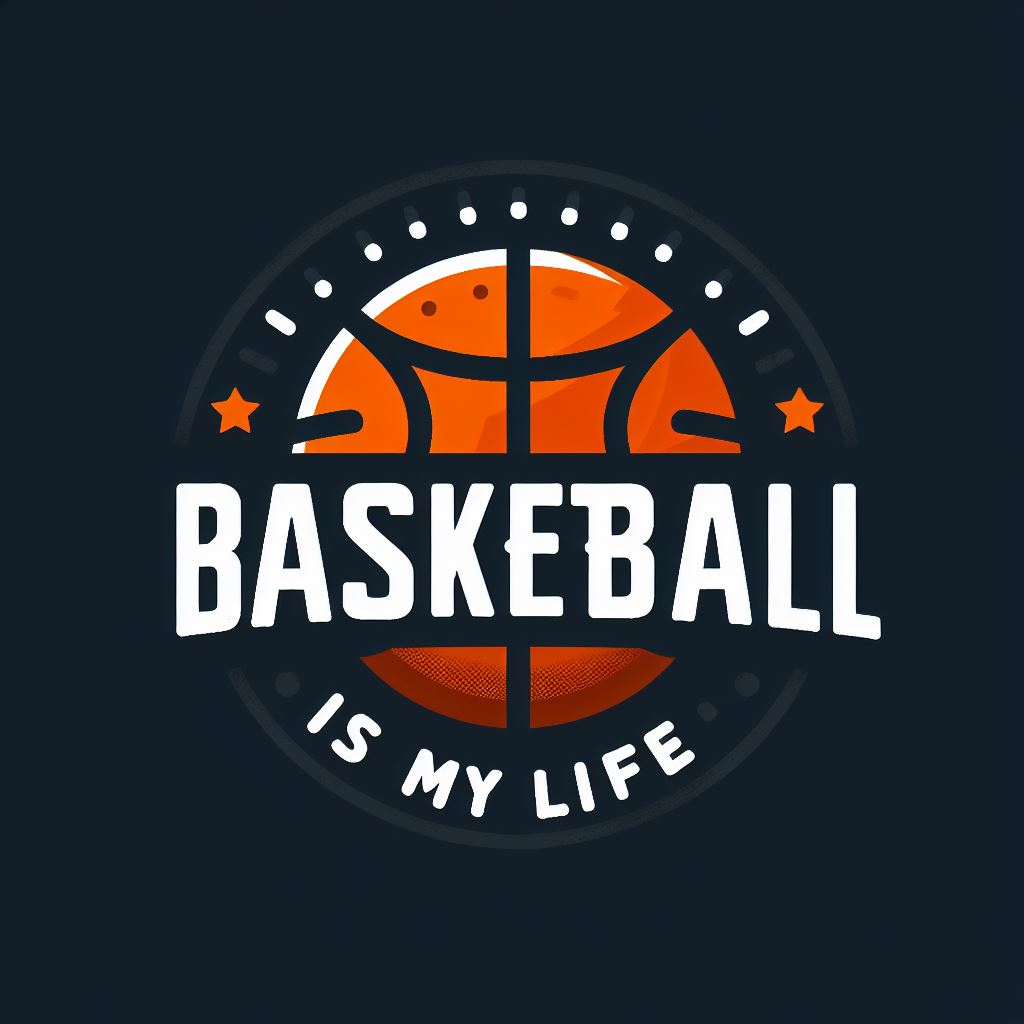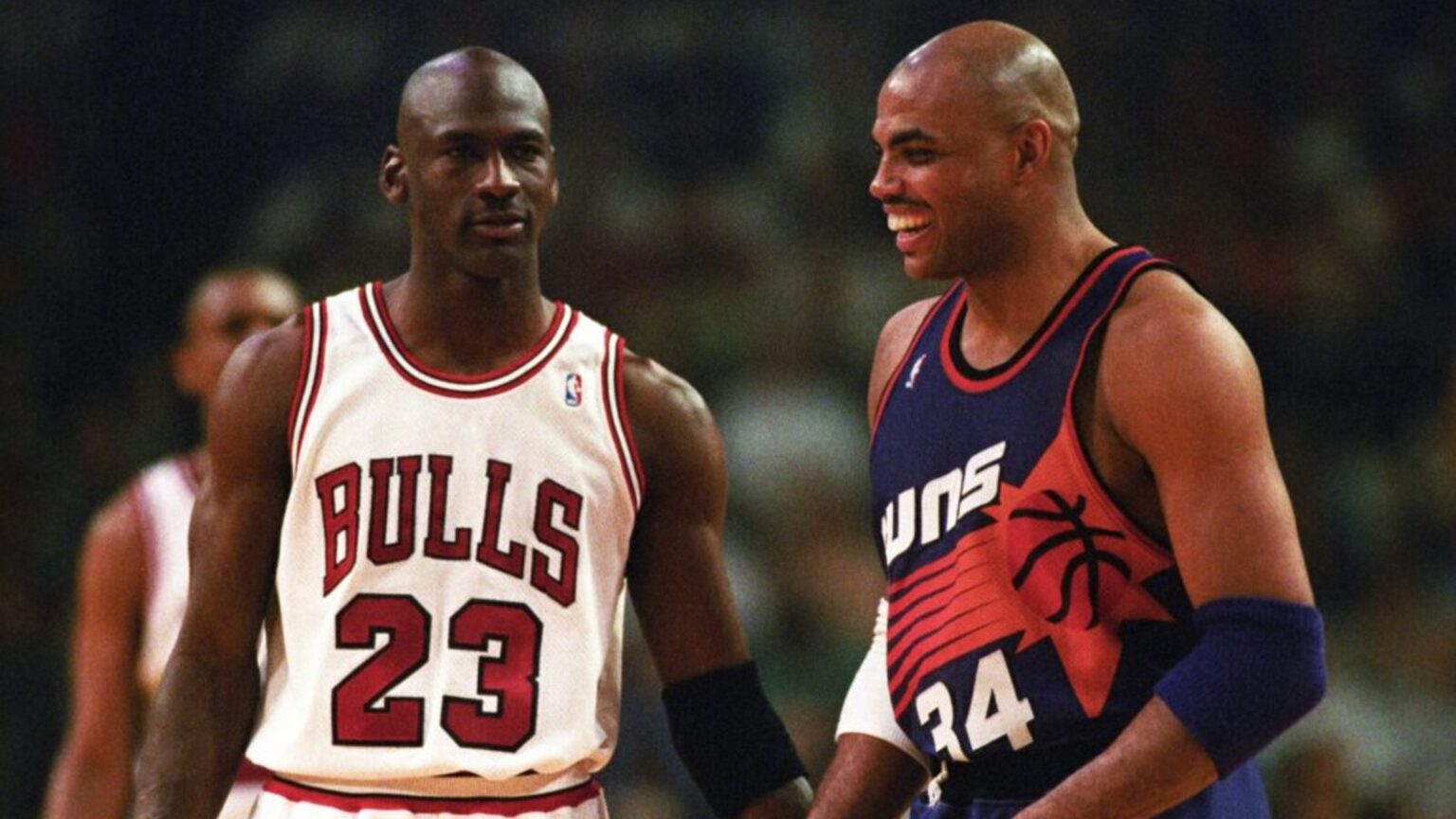Michael Jordan is arguably the greatest basketball player of all time. He is known for his incredible run with the Chicago Bulls, which spanned 13 historic seasons, six championships, and just about every individual accolade the league has to offer. Then… there are the two years with the Wizards that no one likes to talk about. Everyone makes them out to be worse than they were, but Jordan with the Wizards was a great player. He wasn’t the guy he used to be, but he’s certainly still one of the best players in the league. However, that doesn’t mean that statement is wrong. Rachid Wallace fact about Jordan true.
Former NBA All-Star Says Wizards’ Jordan Was ‘More Dangerous’
If you haven’t figured it out yet, this is not a good interpretation of Jordan. Wallace was a great NBA player, being named a four-time All-Star. However, this statement Nothing could be further from the truth. Here is the full quote:
“I think he was a little bit more dangerous when he was with the Wizards. He didn’t have the athleticism that we were used to seeing from MJ. … His angles were a little bit sharper. He was a strong two- and three-point guard. He wasn’t going to move them lightly. His shot got more dangerous. He got more solid as a veteran player over his years in Washington.”
This is not the first time A player made a comparison with the GOAT. This claim can be easily debunked by pointing out each of Jordan’s attributes, but I want to take the time to dismantle each part of this claim and prove why it is not true. Let’s start with his angles and stance.
The nuances of Jordan’s game
If we look at Wallace’s perspective, I can see why this argument might make sense to him. Succeeding in the NBA as an older player is tough, unless your name is LeBron James. To stay in the league into your late 30s, you have to transform your game. The first part of Wallace’s statement is correct: Jordan no longer had the athleticism he had when he was with the Wizards. His third statement is also correct. While with the Wizards, Jordan spent most of his time as a power forward, instead of playing guard like he used to. Unfortunately, that’s where the correct parts of this argument end.
Jordan’s angles were very precise when he was with the Bulls. Perhaps not as much during the early years of his career, where Jordan would fly around the court and play to his athleticism. However, once the Bulls started winning championships, Jordan’s game became more nuanced. He had a variety of moves that he used to get to his points. In his prime, Jordan’s angles of attack were as precise as ever. However, they weren’t noticed as often due to his bizarre athleticism that tended to throw people off. Jordan’s game with the Wizards was far less refined than the Bulls version of Jordan.
Then there are his passing angles. If you recall, the Bulls briefly experimented with moving Jordan to point guard. During that span (about 10 games), Jordan averaged nearly a triple-double. If you’re averaging over 10 assists per game over a period of time and up to 8.0 assists per game over a season, your passing angles are good.
Jordan’s shot
The last part of Wallace’s argument is that Jordan’s shot has become more dangerous, which is laughable. I can understand why he would say that. If Jordan lost his athleticism, he would become more reliant on his shot. However, the numbers don’t support that at all. Excluding the two seasons where Jordan came back rusty from baseball and broke his foot a few games into the season, Jordan’s lowest single-year shooting percentage was 1997-98, at 46.5 percent. He shot over 50 percent from the field for many years, which makes sense. He led the NBA in scoring 10 times in his career.
The shooting argument also doesn’t make sense from three-point range. At the height of his career (which we’ll call 1988-1998 because 1988 was his first MVP and 1998 his last), Jordan was shooting 34.6% from three-point range. Jordan wasn’t a great three-point shooter when he was starting out, and he didn’t shoot many of them. However, during the Bulls’ championship run, he slowly started to get more comfortable with the shot (think the 1992 NBA Finals and his shrug). You’re telling me that the Jordan who was shooting 24.1% from three-point range against the Wizards on even fewer attempts is a better shooter? I’m sorry Rasheed Wallace, but your theory has been debunked.

